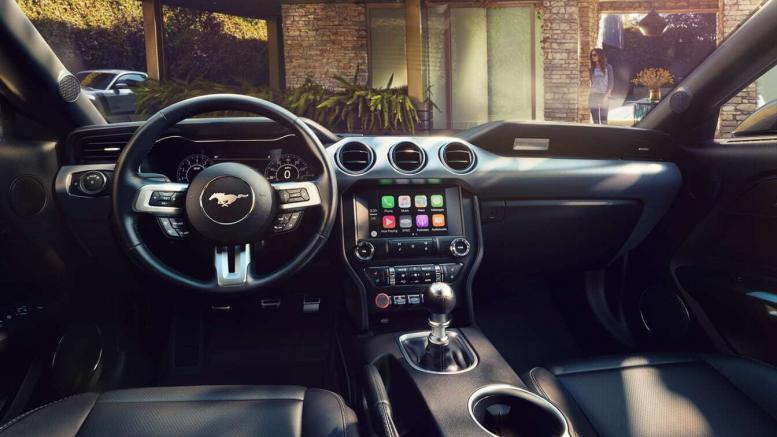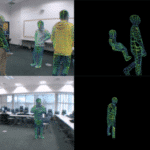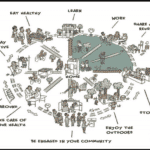|
Getting your Trinity Audio player ready... |
With 250 million people tuning in daily to predominantly conservative AM/FM radio, the thought of removing the medium is inconceivable. To Technocrat social engineers, however, it is perfectly logical and efficient and is a direct way to silence conservative opinion.









